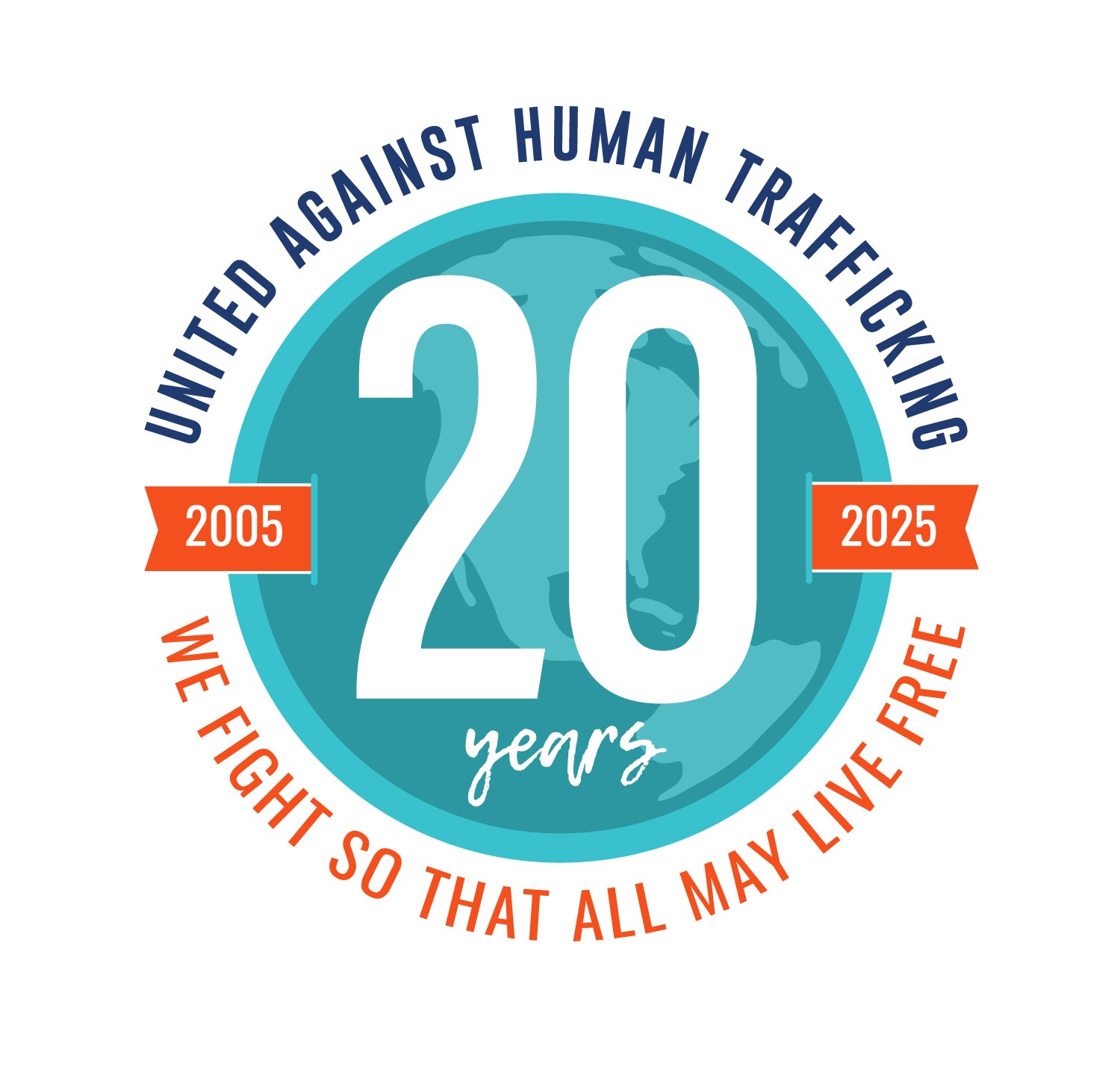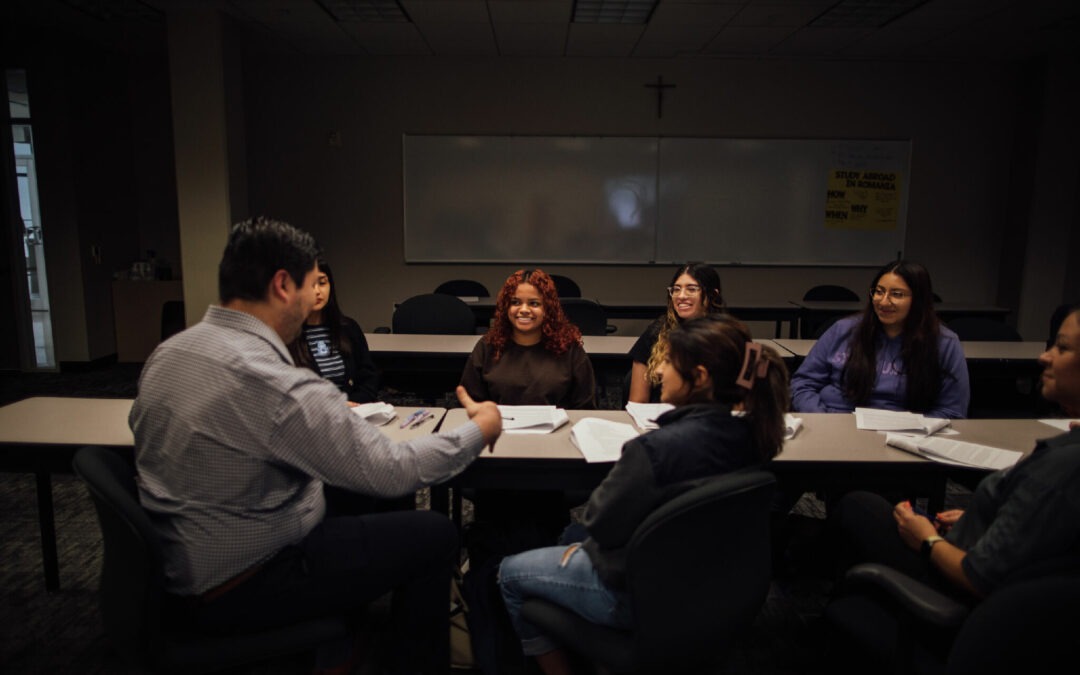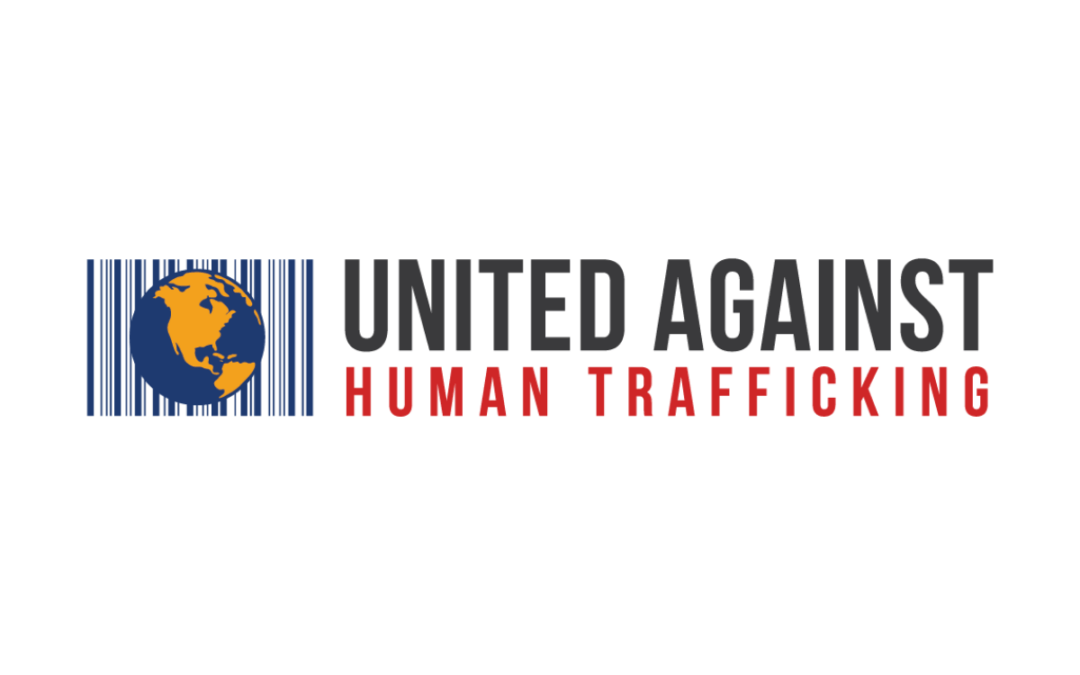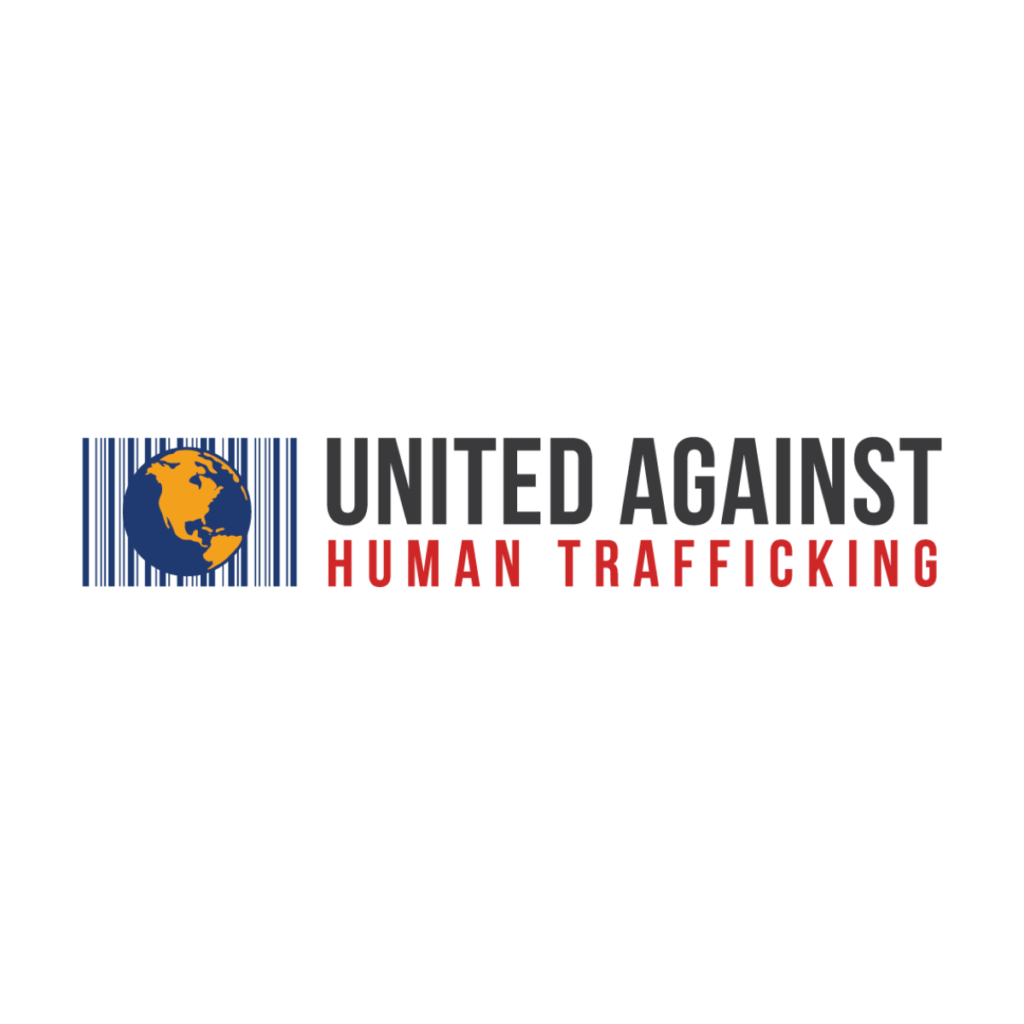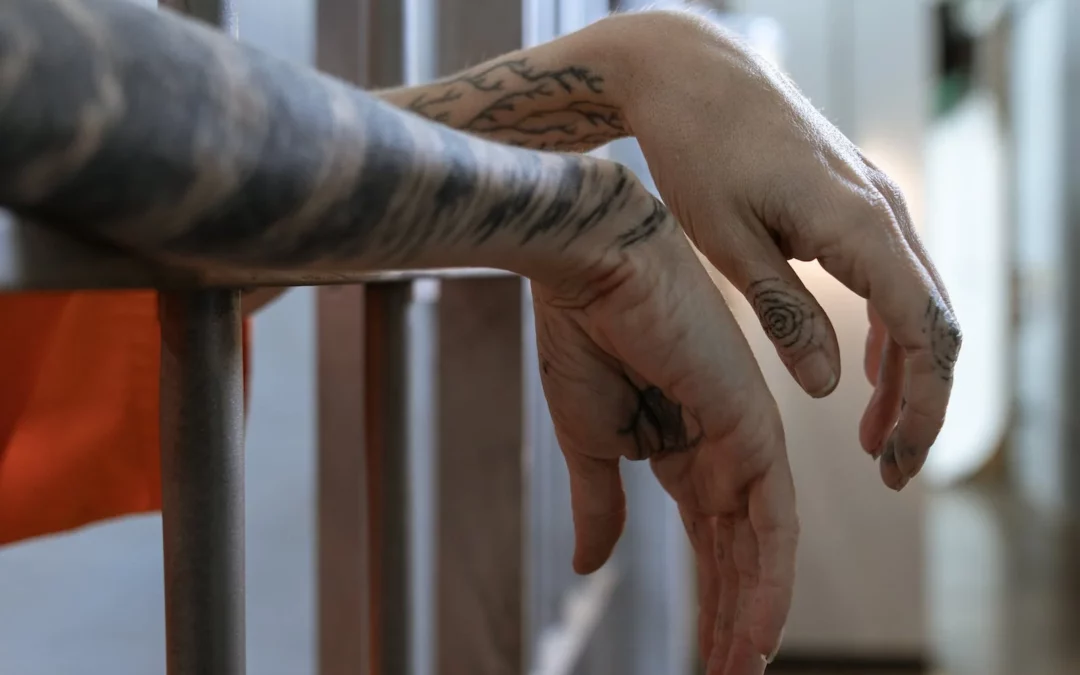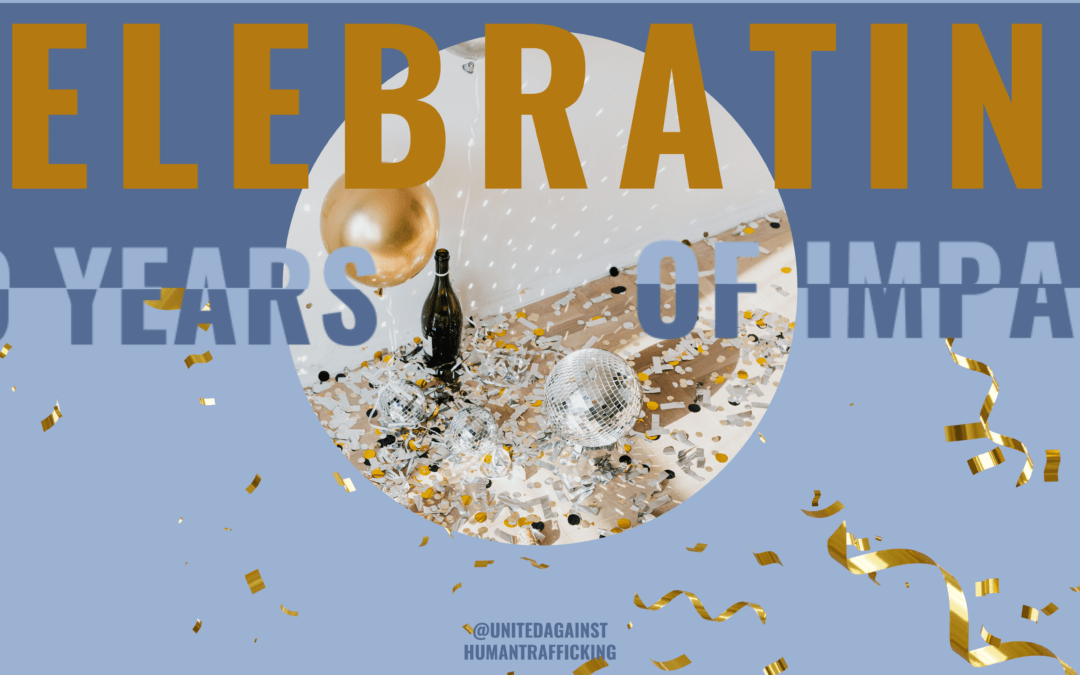
Twenty Years of Fighting for Freedom
A lot can happen in twenty years.
Two decades ago this month, George W. Bush was inagurated into his second term as President of the United States. The iPhone hadn’t been released yet. No one had ever heard of Spotify, TikTok, or Hulu. Netflix still mailed DVDs so you could watch your favorite movies.
Yes, a lot can happend in twenty years.
The Beginning: A Collaborative Response
In January of 2005, United Against Human Trafficking did not exist.
Awareness about the issue of human trafficking was only beginning to emerge. It was named a federal crime in 2000, with Texas introducing a state statute against it in 2003. As the necessity for awareness and prevention programs as well as survivor services came to the forefront locally, a handful of passionate people gathered in April 2005 to discuss the urgent need for a coordinated, collaborative response to the issue of human trafficking in Houston, Texas.
Out of that meeting, the Houston Rescue & Restore Coalition was born. This initial discussion was the culmination of multiple stakeholders recognizing a need and feeling a strong desire to address it. Rather than tackle such a complex problem independently, they decided to lock arms and launch an effort together.
Evolution Into United Against Human Trafficking
Over the years, that coalition evolved into what we now know as United Against Human Trafficking. In addition to our original work around coalition building, we have led the way for two decades in education, awareness, prevention, and client services.
But the heart of our work remains the same: collaboration. We join forces with other passionate organizations, businesses, and individuals so that all may live free.
A Mission That Has Not Changed
One thing has not changed in twenty years:
We still fight so all may live free.
And we all fight so all may live free. Over the years, hundreds of people and agencies have joined us in this fight. New organizations were launched. The coalition grew and expanded in advocacy, survivor services, policy, and economic empowerment.
UAHT not only grew as a coalition builder but as an independent agency as well.
Reflecting on Our Journey & Shaping the Future
As we reach this milestone anniversary, it is the perfect time to reflect on how far we have come and the impact we have made together. Over the years, our dedication to collaboration and innovation has driven us to achieve incredible results.
Milestones of Our 20-Year Journey
In the past twenty years, we are proud to have achieved the following milestones:
- Grown from a couple of volunteer leaders to an agency with a staff of over 20 people in two states.
- Launched and led the Houston Coalition, helped lead our local law enforcement task force summit, and worked to forge new coordinated responses in Fort Bend County.
- Redoubled the focus and importance of survivor-centered, trauma-informed, culturally competent programming across the anti-trafficking movement.
- Begun operations in Southwest Louisiana, including establishing the Southwest Louisiana Coalition and launching programs in the region.
- Purchased a client services building in Houston’s East End and started a housing program for foreign national survivors of trafficking.
- Assumed operation of A 2nd Cup, a beloved coffee shop that was a trusted partner in the fight against human trafficking.
And we did all this together.
Reflecting on the Past, Embracing the Future
As we celebrate our 20th year as an agency, we know we stand on the shoulders of those who have gone before us. In the year ahead, while celebrating the work that has been done, we are also looking forward to the future.
How can the movement continue to grow and evolve?
We know that what brought us here won’t get us there. In our 20th year, we seek not only to reflect but to envision a bright future for the anti-trafficking movement in greater Houston, Southwest Louisiana, and new regions where we will seek to add value and make an impact.
A lot can change in twenty years. But one thing will never change.
As we have for two decades, we will position ourselves to bring people together so that all may live free.
